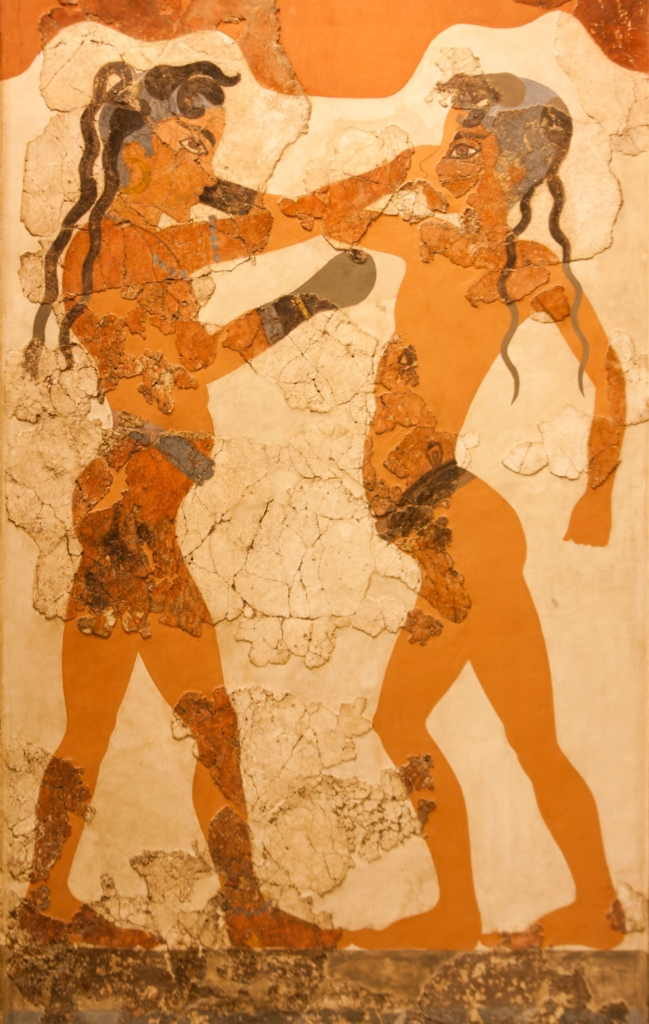
Overview
Overview
“One of the essential qualities of the clinician is his interest in humanity, for the secret of the care of the patient is in caring for the patient.”
-Dr. Francis W. Peabody (1925)
Since the nineteenth century, the leading model of Western medicine has been the application of the physical sciences to problems of human health and disease. This approach has provided astonishing advances in medical practice, but focusing on the objective phenomena of disordered biology can neglect the subjective experiences associated with illness or injury. This potential for neglecting human experience is especially problematic given that medicine is a humanistic discipline (there is no medicine without people) that involves much creativity, intuition, and chance. Clearly, both objective and subjective knowledge and understanding are needed for effective medical practice, making medicine as much an art as a science.

The History & Culture section of The Blood Project works to redirect attention to subjective knowledge and understanding in medicine through the humanities. Our hope is that, through this encounter with humanity, visitors can better understand the ways our subjectivities (e.g., culture, gender, sexuality, experiences, religious beliefs) impact health, healing, and disease. Further, we hope that engaging with these diverse perspectives works to highlight the importance of and sharpen skills like communication, creative-critical thinking, empathy, and self-awareness, which are integral to inclusive, compassionate, and human-centered care. The History & Culture content also aims to remind us that modern medicine is a conditional culture that is not universal to time or place. Rather than erasing the past or dismissing it as primitive or ignorant, much of the humanities content teaches us about medical history and misunderstandings and injustices of the past—and how those can be undone and/or avoided in the future.
In a time when medicine is becoming more detached due to advancements in technology, the soaring costs of healthcare, and an educational approach that promotes evidence-based medicine at a population level over individual patient experiences, reorienting medicine to its humanity is all the more vital and can work to lessen the distance between patients and providers and improve patient care.
Don’t Miss Out
Once a month, our newsletter will deliver the newest case-based learning resources and humanistic viewpoints straight to your inbox. Enter your name and email below.



